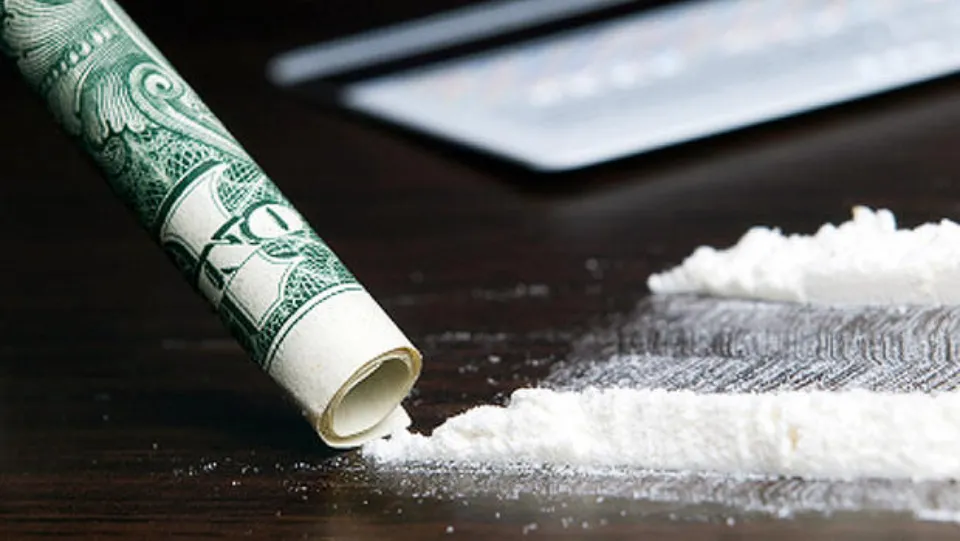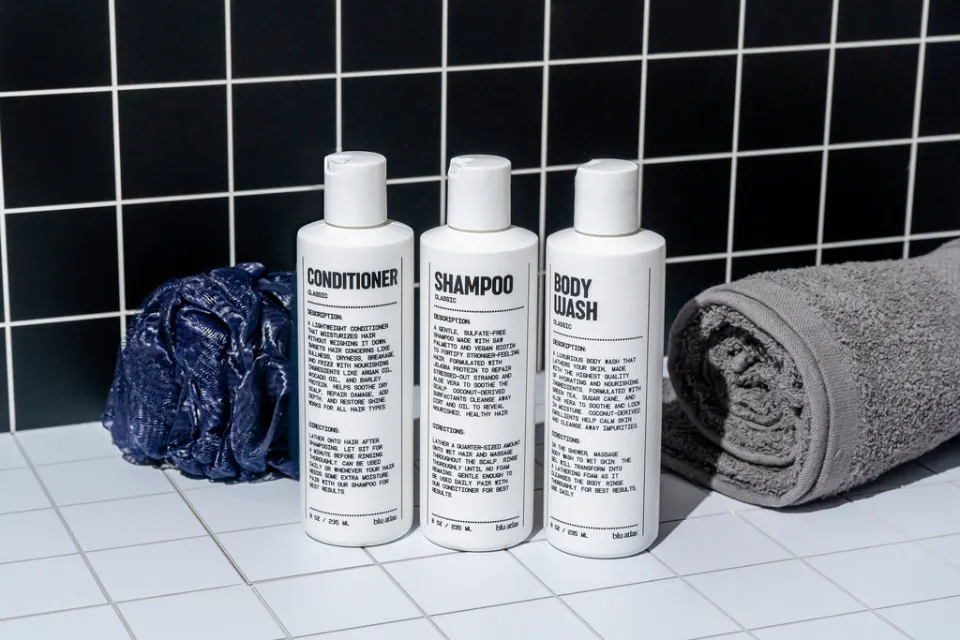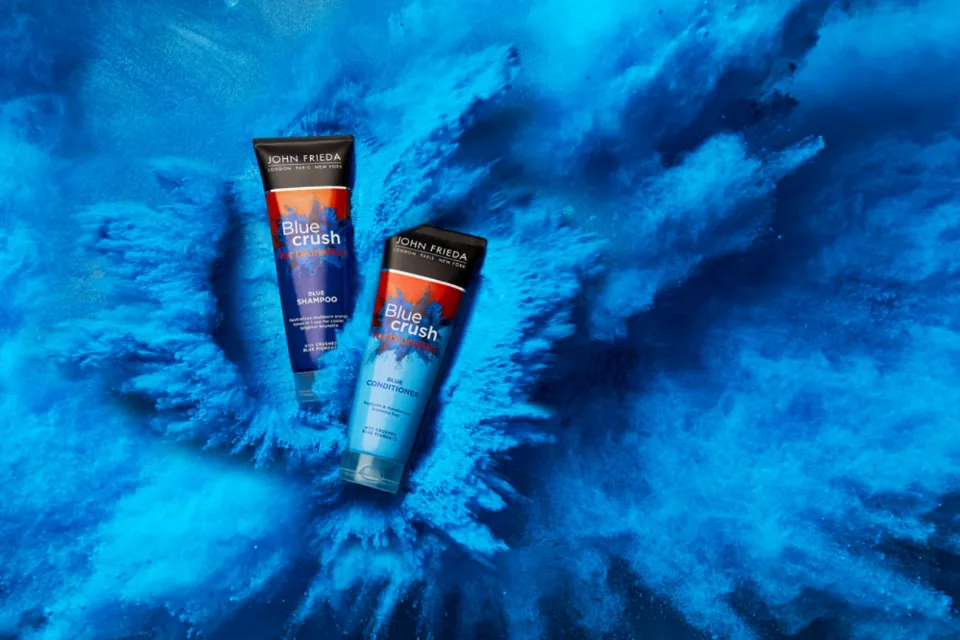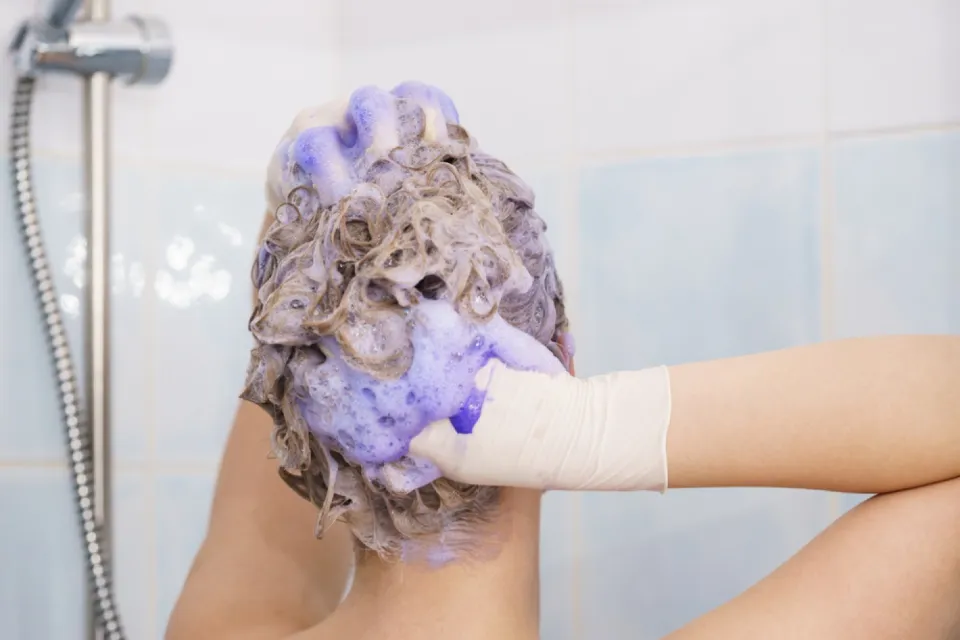Are you worried that does cocaine cause hair loss? Given that the drug may have harmful effects on your body, this is a valid worry.
The truth is that you might experience hair fallout from extended cocaine use. Cocaine can prevent hair growth in a variety of ways and also cause hair to fall out before it is fully mature.
Let’s examine what to anticipate from the hair growth cycle when using drugs like cocaine.
Does Cocaine Cause Hair Loss?
Cocaine can cause hair loss because of a wide range of factors.
Since this medication encourages rapid weight loss, your body won’t receive enough nutrients to maintain healthy hair. Use of cocaine may also result in telogen effluvium or stress-related hair loss.
Cocaine users might engage in harmful behaviors that harm their bodies and hair.
The Relationship Between Cocaine and Hair Loss
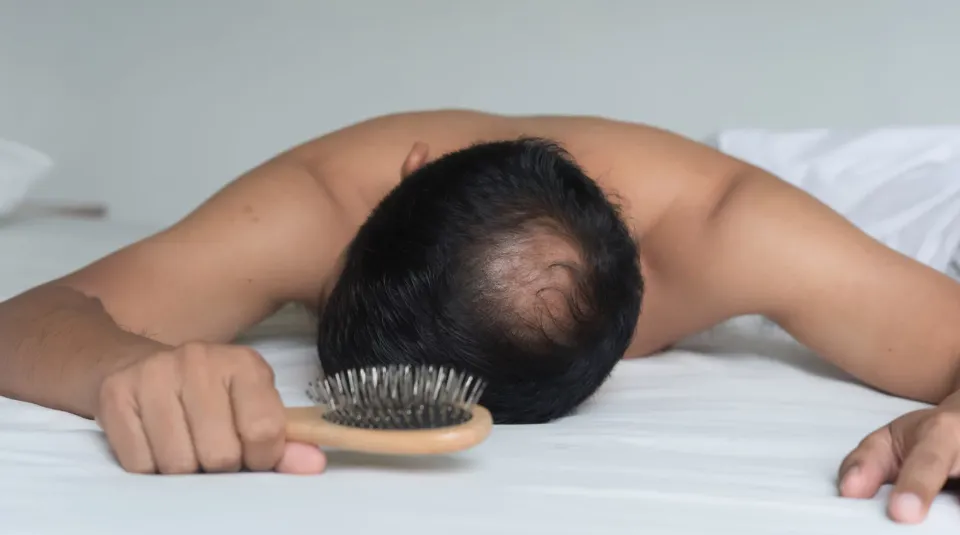
The use of cocaine may cause hair loss in three distinct ways:
- Nutritional deficiency
- Stress
- Unhealthy lifestyle choices
Each element is broken down below.
Nutritional Deficiencies and Poor Diet
Specific nutrients are necessary to maintain a healthy body and hair. Cocaine and other illicit substances can make you feel less hungry and hinder your body’s ability to absorb nutrients.
As a result, your body may put less emphasis on maintaining your follicles and more emphasis on maintaining core bodily functions, which could result in hair loss.
Stress on the Body
Telogen effluvium (TE), or stress-induced hair loss, is a form of hair loss that often occurs after experiencing stress, illness, and physical or emotional trauma. Recreational drug use has been known to cause TE, which is marked by accelerated hair loss and thinning.
The three phases of hair growth are anagen, catagen, and telogen. Telogen effluvium disrupts the cycle of hair growth. You’ll begin shedding hair as a result.
Although TE may be temporary, long-term stress exposure and drug use for pleasure have the potential to make it permanent. Temporary hair loss may also be a result of the severe withdrawal symptoms from cocaine.
Lifestyle
Hair loss may result from certain lifestyle choices. Numerous factors, such as getting enough sleep, eating well, and following a consistent hair care routine, contribute to healthy hair. Intake of nutrients, sleep, and hair quality are all negatively impacted by cocaine use.
Cocaine use reduces the quality of sleep by lengthening awake periods and interfering with rapid eye movement (REM) sleep. Your memory and learning abilities are impacted by REM.
You can lower the level of quality sleep by denying your body restorative rapid eye movement (REM) sleep. While you sleep, your body makes the hormones it needs to repair itself. Cocaine use, however, impairs this procedure and can cause hair loss.
Cocaine as a Factor in Hair Loss
Sleep deprivation hinders the body’s necessary processes for restoration. Telogen effluvium may be brought on by stress that is made worse by sleep deprivation.
If the body is deficient in nutrients and gets poor sleep, telogen effluvium damage is irreversible. Your hair and general health will be negatively impacted by this vicious cycle.
You Might Also Like:
- Does Alcohol Cause Hair Loss?
- Does Creatine Cause Hair Loss?
- Does Vaping Cause Hair Loss?
- Does Dandruff Cause Hair Loss?
- Does Hard Water Cause Hair Loss?
- Does Head and Shoulders Cause Hair Loss?
- Does Drinking Energy Drinks Cause Hair Loss?
Treatment Options for Cocaine-Induced Hair Loss
If you suspect that your hair loss may be related to cocaine use, it’s crucial to seek professional help and address the underlying addiction.
The first step to regaining your overall health, which includes your hair’s health, is beating a cocaine addiction.
In addition to seeking addiction treatment, there are various hair restoration options available to help promote hair growth and combat hair loss:
- Topical treatments: To promote hair growth, medications like minoxidil can be applied directly to the scalp.
- Oral drugs: Doctors may recommend finasteride as a prescription drug to block the hormone that causes hair loss.
- Using concentrated platelets from your own blood, platelet-rich plasma (PRP) therapy stimulates hair growth by injecting the scalp.
- Hair transplant surgery: In extreme cases of hair loss, this procedure may be a good way to restore hair density.
How to Prevent Hair Loss Caused by Cocaine?
Cocaine use can lead to hair loss; unfortunately, this is a reality for many people who use the drug. There are ways to stop hair loss brought on by cocaine use, which is good news.
The most important step is to stop using cocaine. Hair loss is more likely to occur the longer you use the drug. If you continue using cocaine, it’s necessary to be aware of the risks and take steps to minimize them:
- The drug should only be used locally. It is best to let surgeons use cocaine when necessary because it is a potent drug that has the potential to cause addiction and serious health issues.
- Get lots of rest, consume a healthy diet, and engage in regular exercise. Your body will remain stronger and healthier as a result of this lifestyle, which may lower your risk of hair loss.
- Consult your doctor about your use of cocaine and any possible hair loss. They are best suited to provide recommendations and treatment options.
The Bottom Line: Does Cocaine Cause Hair Loss
While the direct link between cocaine use and hair loss is still being studied, there are several ways in which cocaine abuse can indirectly contribute to hair loss.
Stress, nutritional deficiencies, and vasoconstriction are all potential causes of hair loss or thinning hair.
An expert in medicine is another option. They can help you figure out if there are any other health problems causing hair loss and what you should do next.
You can start to feel better and see new hair grow if you get their assistance and make a plan to stop using cocaine.

